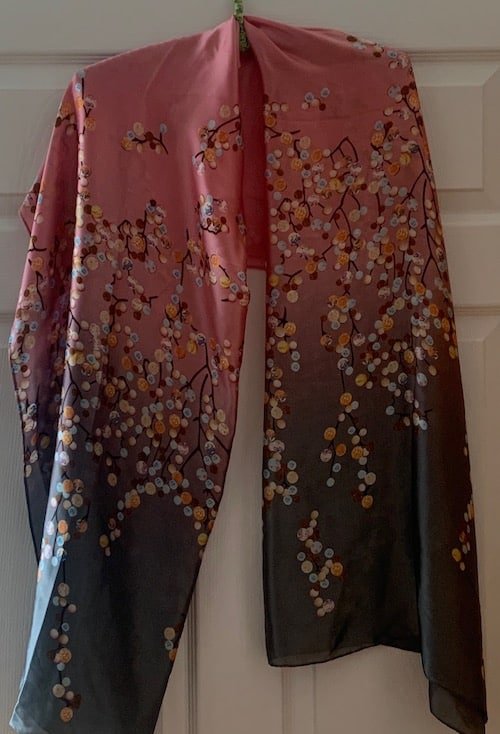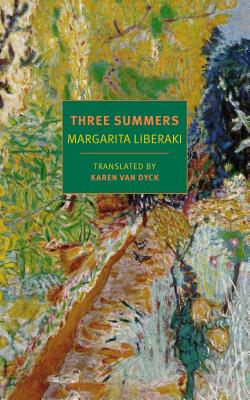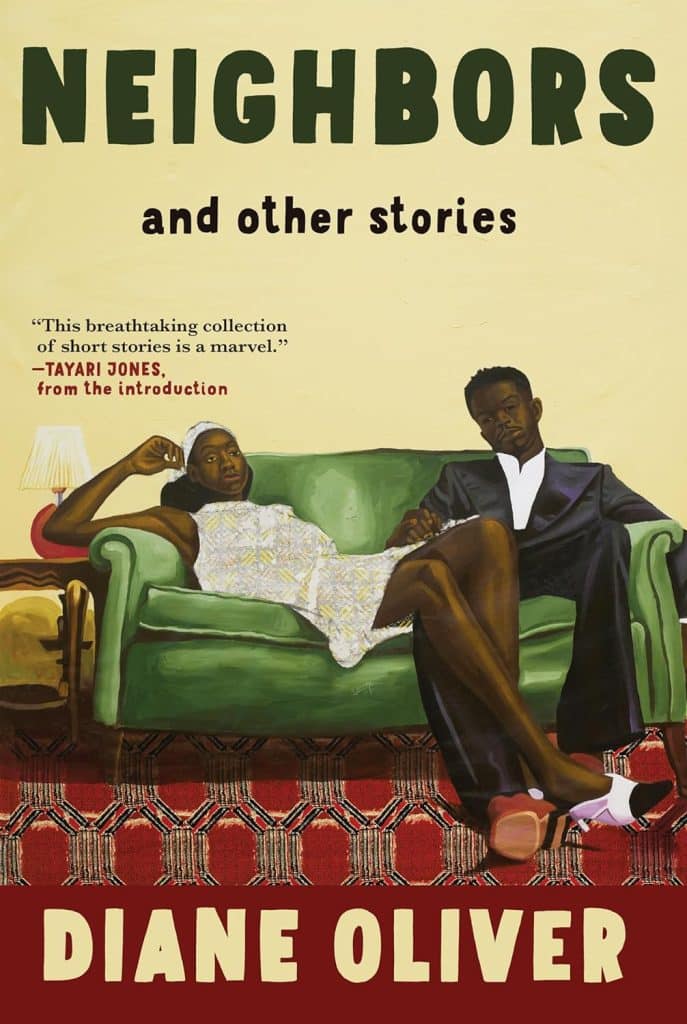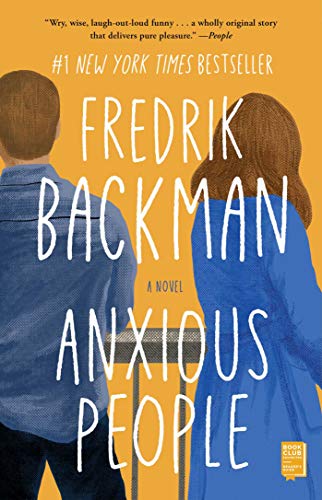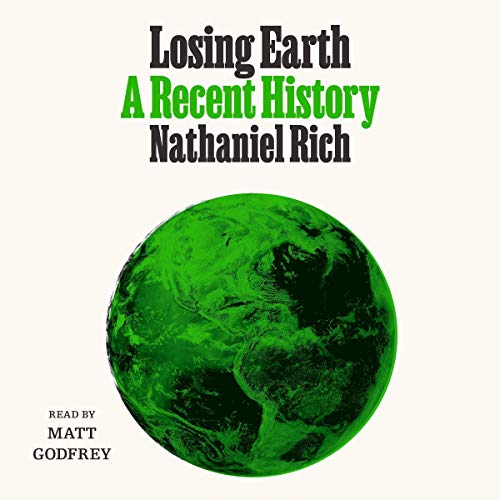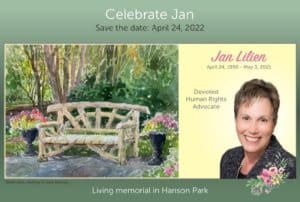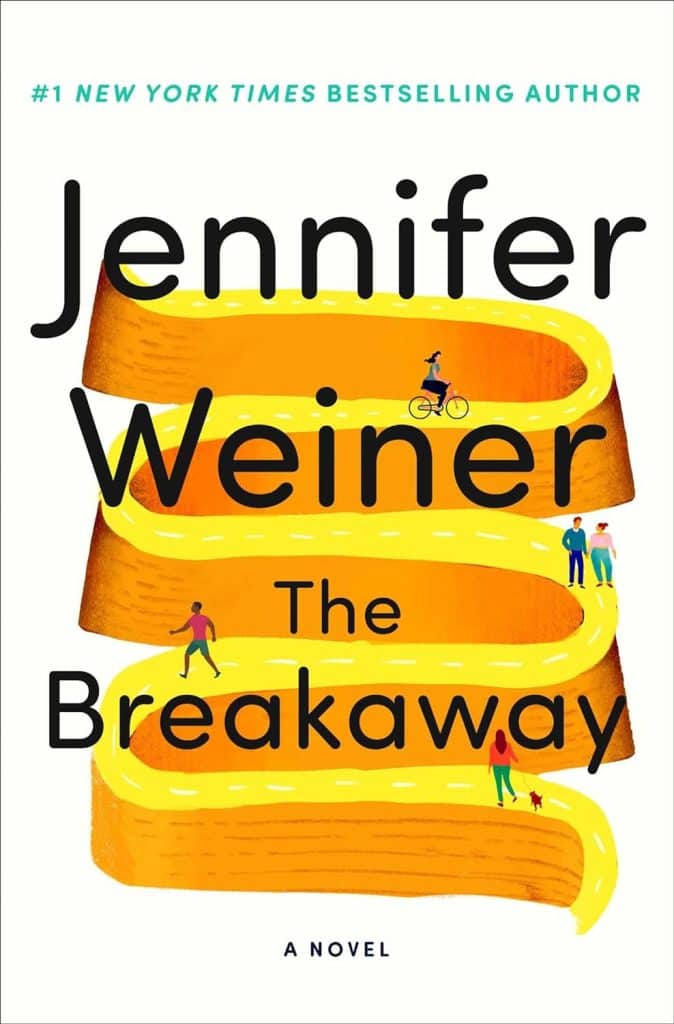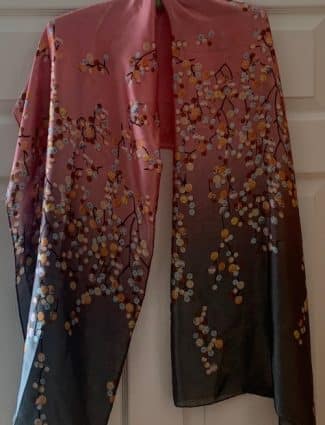
Life Can Change in a Nanosecond!
Estimated reading time: 1 minute, 1 second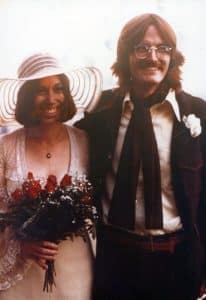
We were both healthy and happy.
We had gotten Fitbits before the trip and we were so active we walked 20,000 steps or more every day.
On the first day we were home, Jan went to our doctor’s office to secure a medical clearance for cataract surgery.
Neither of us anticipated anything other than quick blood work and approval for surgery.
Later in the week, Jan was called back for more blood work.
Within ten days of our return, we were meeting Dr. Rujuta Saksena, a very professional, personable, and knowledgeable oncologist, who informed us that Jan had blood cancer.
Although I live alone, Jan is still with me. Our love will never die!
The Jan Lilien Education Fund sponsors ongoing sustainability and environmental awareness programs. All donations are tax-deductible.
I receive a commission when you buy a book or product using a link on this page. Thank you for supporting Sharing Jan’s Love blog.


